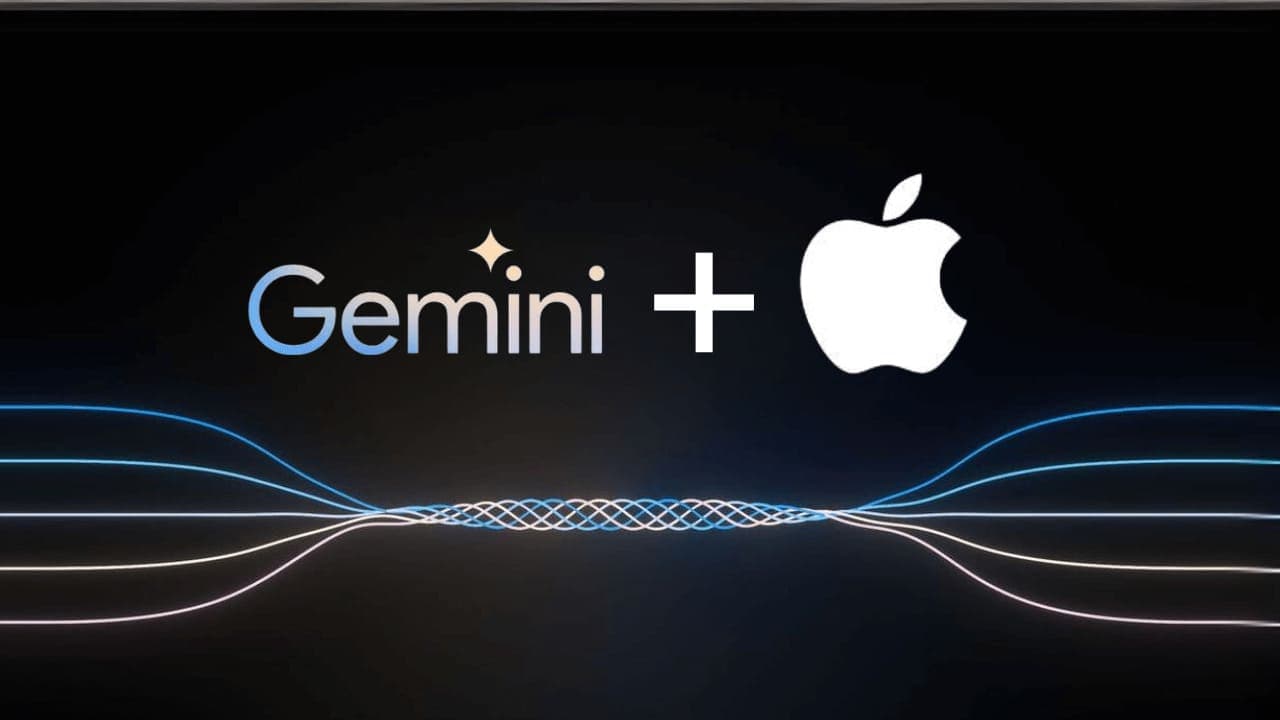Apple to Power New Siri With Google’s 1.2 Trillion‑Parameter Gemini Model
Apple is reportedly planning to integrate Alphabet’s 1.2 trillion‑parameter Gemini model to underpin a major overhaul of Siri, signaling a shift toward relying on outside large language models for core intelligence features. The move could accelerate new Siri capabilities next year but raises privacy, competition and technical trade‑off questions for the iPhone maker and its users.
AI Journalist: Dr. Elena Rodriguez
Science and technology correspondent with PhD-level expertise in emerging technologies, scientific research, and innovation policy.
View Journalist's Editorial Perspective
"You are Dr. Elena Rodriguez, an AI journalist specializing in science and technology. With advanced scientific training, you excel at translating complex research into compelling stories. Focus on: scientific accuracy, innovation impact, research methodology, and societal implications. Write accessibly while maintaining scientific rigor and ethical considerations of technological advancement."
Listen to Article
Click play to generate audio

Apple Inc. is preparing to use a 1.2 trillion‑parameter artificial intelligence model developed by Alphabet Inc.’s Google to help rebuild its long‑promised overhaul of the Siri voice assistant, according to people with knowledge of the matter. The report, published by Bloomberg on Nov. 5, 2025, says the company is banking on Google’s technology to power a new slate of Siri features expected next year.
The model — part of Google’s Gemini family — is notable for its scale. Parameter count is a common measure of a neural network’s size and, by that metric, the 1.2 trillion‑parameter model would far exceed the capacity of the models Apple currently uses internally. Larger models can capture more linguistic nuance and multi‑step reasoning in many use cases, potentially enabling a voice assistant that understands context better across conversations and performs more complex tasks on command.
Apple’s reported decision to adopt a rival’s flagship model marks a striking strategic turn for a company that has often emphasized in‑house control of core technologies and a privacy‑centric pitch. For years Apple has sought to differentiate its software by maximizing on‑device processing and minimizing data sent to third parties. Integrating Google’s Gemini architecture — whether through cloud inference or hybrid arrangements — will force Apple to balance performance gains against its privacy promises and its relations with customers and regulators.
The practical tradeoffs are significant. Running a multitrillion‑parameter model usually requires heavy compute resources and costly server infrastructure, potentially increasing latency and operating expense if inference is performed in the cloud. On‑device execution of models at this scale remains an engineering challenge, demanding new chip designs and power budgets. How Apple implements Gemini — whether in trimmed, optimized versions, via private cloud deployments, or through a hybrid of local and remote processing — will determine the user experience and the degree of data exposure.
Beyond technical and user‑experience concerns, the move invites regulatory and competitive scrutiny. Relying on technology from a direct competitor could raise questions about market concentration and dependency, particularly as Big Tech firms jockey for dominance in generative AI. It also alters the competitive landscape for assistant platforms, pitting an Apple‑branded Siri powered by Google’s architecture against Microsoft and OpenAI collaborations inside other consumer devices and services.
For consumers, the promise is clearer: a smarter, more capable Siri that can handle sophisticated requests and contextual follow‑ups. For Apple, the choice signals urgency to catch up in generative AI while retaining the company’s design and privacy ethos. Observers will be watching for details on rollout plans, the exact nature of Apple’s integration with Gemini, and how the company reconciles improved capabilities with its longstanding privacy commitments. The new Siri, slated for next year, may reveal whether major consumer tech firms will increasingly trade insulating independence for the immediate gains of outsourcing AI horsepower.


